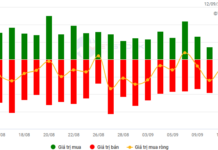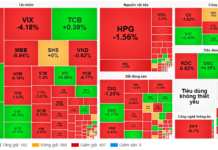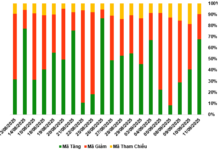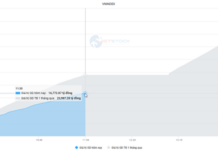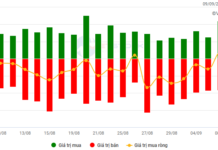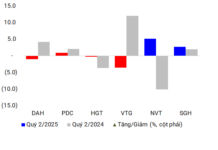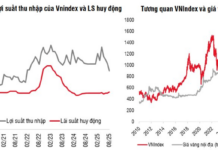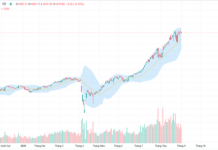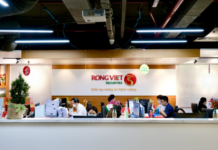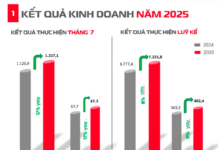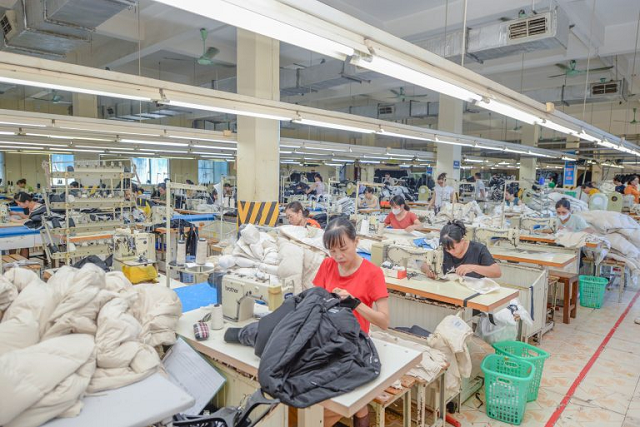
The International Food Company Nam Duong and LNS International JSC recently announced the introduction of their soy sauce products to supermarkets in the United States. Nam Duong made its debut in this market with three seasoning product lines, including soy sauce featuring the iconic Black Cat symbol.
Black Cat is a brand known as the “pioneer” of the Vietnamese soy sauce industry, which has been in existence for over 7 decades and has made a special mark in the hearts of consumers in Ho Chi Minh City.
In 1951, in Saigon, an entrepreneur established a soy sauce factory with the Black Cat symbol at Ben Binh Dong. At that time, the market had a famous soy sauce brand called Mickey Mouse. Black Cat was born as a competitive statement in the market.
Times have changed, new brands have been launched and dominated the domestic spice market, but Nam Duong has endured. In 2015, the company underwent a transformation when it officially established the Nam Duong International Food Company, based on a joint venture between Wilmar International Group (Singapore) and Saigon Co.op (the largest supermarket chain in Vietnam), with a total investment of $25.6 million.
Including the factory located in Hiep Phuoc Industrial Park, Nha Be district, Ho Chi Minh City, which has been operational since December 2017. The total production capacity of the factory is 90,000 tons for sauce and seasoning groups such as soy sauce, chili sauce, tomato sauce, soybean oil, vinegar, broth powder, mayonnaise, etc.
This is a step towards the strategy of exploring foreign markets. Nam Duong’s efforts have paid off as the factory meets the requirements of the Food Safety Modernization Act (FSMA) as well as stringent quality standards to penetrate demanding markets worldwide.
Prior to the United States, Nam Duong’s products have successfully entered many major markets worldwide such as Canada, Japan, South Korea, New Zealand, Taiwan, Australia, and Russia.
Currently, 10-12% of the company’s revenue comes from exports. Nam Duong’s products are distributed in Vietnam, Laos, Cambodia with brands such as Nam Duong, Meizan, Neptune, Simply, and private labels in supermarket systems. Nam Duong has also partnered with many international importers and distributors to export products under Nam Duong’s own brand or labels belonging to Nam Duong to many countries such as the United States, Canada, Japan, South Korea, New Zealand, Taiwan, Australia, and Russia.
With this signing, Nam Duong aims to increase the proportion of export revenue to 20%.

When asked why the domestic spice market is very promising but Nam Duong chooses to “export,” possibly due to concerns about competition… Mr. Duong said: “Looking from many different perspectives, the majority of the domestic market is considered a red market. But for Nam Duong, within the red, there is green, within the danger, there is opportunity. Nam Duong, with the perspective of consumers, still sees opportunities domestically, and we export not because the domestic market is narrow.”
“Nam Duong is indeed seeking to boost exports, but the strategy is to ‘go out to come back,’ meaning we are transforming the Nam Duong brand from a traditional brand to a representative brand of Vietnamese spices.”
Until now, the domestic market is still the main contributor to the company’s revenue. Moreover, after the factory was put into operation, Nam Duong’s domestic revenue, according to the leadership, has increased 10 times since 2017.
Regarding the domestic market, according to Euromonitor’s report, the value of the seasoning market in Vietnam is about VND 33,500 billion, of which 64% comes from the dipping sauce segment. Specifically, fish sauce accounts for the leading position with a scale of VND 15,000 billion, followed by soy sauce and chili sauce with respective scales of VND 2,800 billion and VND 2,600 billion.
With the development of the market and its great potential, the spice industry is witnessing the participation of many large and small enterprises. Spice manufacturing companies in Vietnam have diverse production scales, ranging from large enterprises with foreign investment to small and medium-sized enterprises and family businesses. Chinsu (Masan Consumer), Ajinomoto (Japan), VEDAN, Cholimex, and Miwon are some notable examples.

